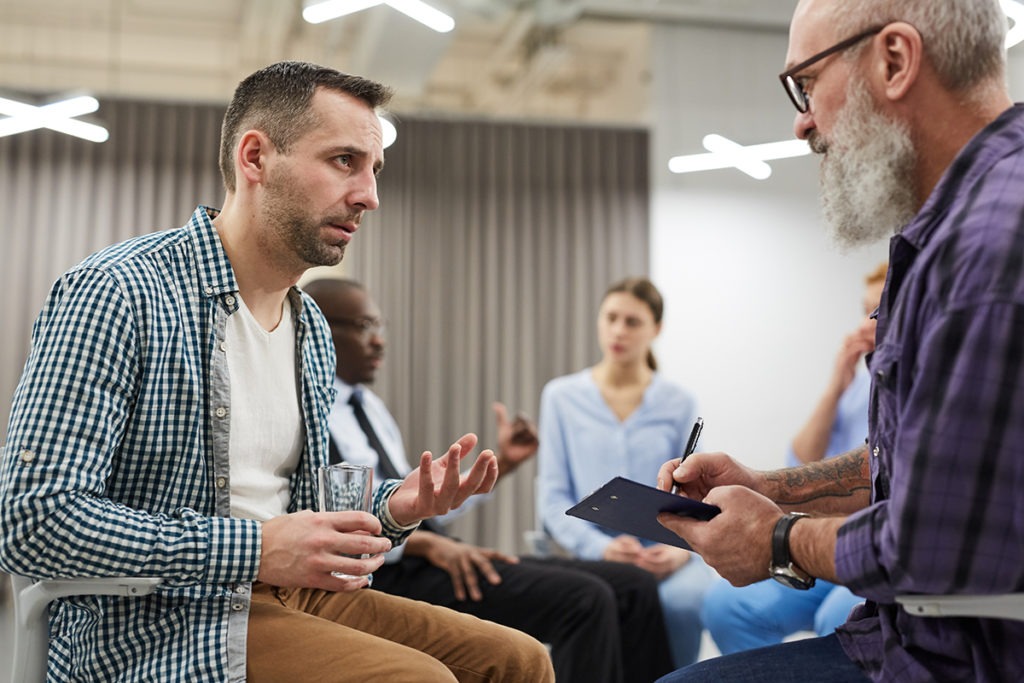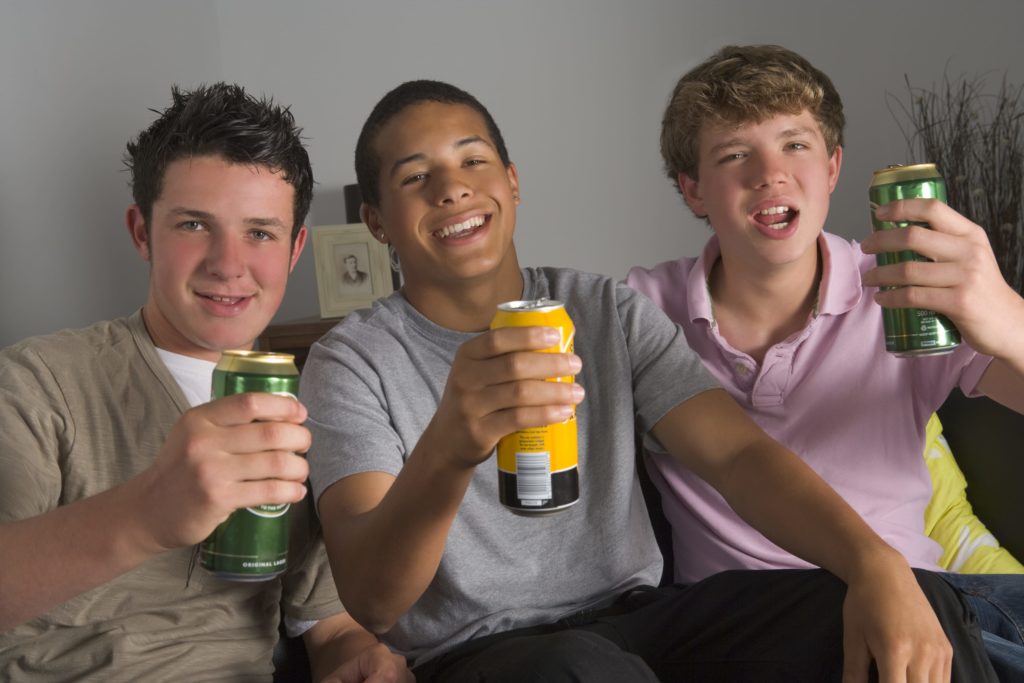Some parents reward their children with stickers, others with candy or other treats. By adolescence, many are delivering “atta-boys” with a much riskier reward: alcohol. One in four parents in the UK gives their teens ages 14-17 alcohol to celebrate rites of passage, such as passing exams or being on holiday, reports Drinkaware, an organization that provides alcohol education to the public. “The average amount some parents are providing is equivalent to a whole bottle of wine, and that is more than enough to get a 15-year-old drunk,” reported Elaine Hindal, a chief executive at Drinkaware. In the United States, the statistics are equally alarming. According to the latest Monitoring The Future study of 8th, 10th and 12th graders:
- Nearly half of teens (44 percent) have consumed alcohol within the past year, while more than one in four teens (26 percent) reports having been drunk in the past year.
- More than a quarter of teens (26 percent) said they had consumed alcohol within the past month, while more than one in seven (15 percent) reported being drunk in the past month.
- One in seven teens (14 percent) said they have had five or more drinks in a row within the past two weeks.
- More than three-quarters of 10th graders (78 percent) say it is fairly or very easy to get alcohol if they want some, and more than half of 8th graders (58 percent) say the same.
Pretty awesome, huh? You might think so if you are the adolescent receiving a thumbs up from your parents to indulge in intoxicants.
The Impact of Alcohol on Teens
Alcohol can cause changes in the way the brain looks and operates – effects that may have consequences for young people as they grow into adults. The adolescent brain matures in stages; in particular the limbic centers come online earlier. These connect with emotional reactions. The frontal lobes manage those emotions. Imagine a teen who has been given the keys to the car of his or her dreams and told “Have fun,” without awareness of consequences and responsibility. The problem is there was never instruction for how to safely drive the vehicle and the youth can’t reach the pedals and see over the steering wheel simultaneously. Alcohol is a central nervous system depressant (think of a cartoon in slow-motion as someone moves and speaks). It has an anesthetic quality that numbs inhibitions, rendering the individual lacking the ability to use sound judgment. Further, if the person is predisposed to depression, it exacerbates the emotional state. The brain’s frontal lobes are important for decision-making. Under the influence, emotions may be beyond short-term control and rational choices may seem impossible. This puts young people at greater risk for physical and sexual assault.
Legal Consequences of Giving Teens Alcohol
Adults who supply minors with alcohol, whether individually or in a party setting, are at risk for prosecution. Parents sometimes rationalize that if their children and their friends are drinking at home, then they won’t be doing it in public. If a minor is injured on their property or en route home following an event, they are liable. Even the threat of personal liability doesn’t prevent adults from making irresponsible choices. Parents rationalize the decision to supply alcohol to teens because:
- Wanting to be cool. Some parents want to be buddies with their child rather than have a guiding and supervisory relationship.
- Parental substance abuse issues. Parents who have substance abuse issues are more likely to normalize drug or alcohol use as a rite of passage, especially if that was a culture in which they were raised.
- Denial of responsibility. This is the attitude of “My kid’s going to drink anyway.”
- Quelling rebellion. Some parents have a misconception that if they forbid something, the allure will be greater.
- Alcohol education. If parents expose kids early to “managed” drinking, they think their children will be less inclined to sneak it later. The reality is they are more inclined to sustain patterns of drinking.
Responsible Parenting
So, what is a responsible parent to do?
- Model behaviors that you wish for your children to emulate. Children see adults as role models for appropriate and safe behavior. Many of the adolescents who end up in alcoholism treatment programs have parents who are either in active addiction or in recovery themselves.
- Host alcohol-free activities and parties.
- Provide a safe, sober haven for children and their friends in which they are not exposed to intoxicated adult behavior.
- Establish open lines of communication with your teens through which they can be free to express their feelings and concerns.
By taking these steps, parents can work to prevent another generation from falling prey to early alcohol consumption and its ensuing devastating results.






